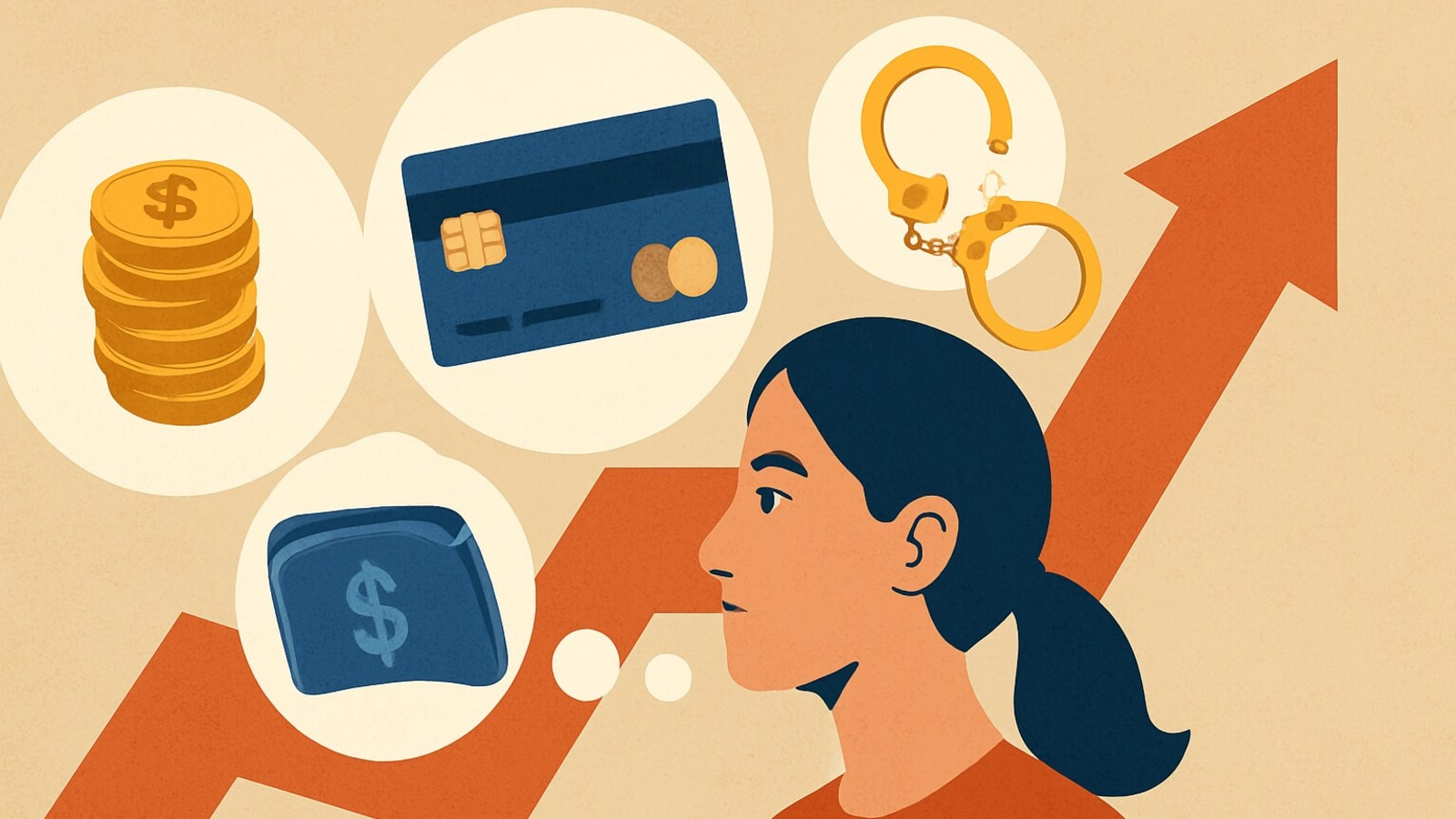Understanding the psychology behind credit and spending

In today’s fast-paced world, credit is woven into our daily lives. Whether it’s upgrading to a new phone, planning a spontaneous getaway, or investing in personal development, credit enables us to act without delay. But what really drives our financial choices?
The key lies in understanding the psychology of spending—how emotions, habits, and mental shortcuts shape when we borrow and how we repay. This insight can help us build a healthier, more empowered relationship with money.
Instant gratification and credit
Credit changes how we perceive spending. It separates the moment of purchase from the actual payment, creating a sense of ease. Swiping a card feels quick and painless—which makes it easy to overspend.
After a stressful day, many of us indulge in “retail therapy”—treating ourselves to a small joy. While occasional indulgences are harmless, frequent reliance on emotional spending can increase credit balances and stretch financial limits.
Also read: Is credit demand really slowing? RBI’s liquidity push tells a different story
Cognitive biases and credit behaviour
Our financial decisions are often shaped by cognitive biases, subtle mental shortcuts, or patterns that shape how we think and act, especially when it comes to using credit.
One of them is the present bias, which draws our attention towards immediate gratification and encourages us to overlook long-term implications. In credit, the tendency is to favour a purchase today without even considering what it will do to our finances in the long run.
Another bias is anchoring, which can occur when we focus on a low minimum payment amount on a credit card. It can create the impression that we are managing our money well, even if we are only paying off a small part of the total balance.
Similarly, optimism bias is also common. It makes us believe that repayment will be easier in the future, maybe after a bonus or the next paycheck. This can lead us to underestimate the real effort needed to pay back what we owe. By understanding these common patterns, we can make better decisions about credit. We can also build stronger financial habits over time.
Also read: Top 3 travel credit cards to earn free flights and hotel stays
Using credit wisely
Let us take a moment to recognise the power of credit when used wisely.
When managed well, credit can help you reach your financial goals. It can make big purchases possible, like buying a car or a home, which might otherwise feel out of reach. Using credit responsibly also helps you build a strong credit score. This can open the door to better loan rates and more financial opportunities in the future.
Responsible credit use comes down to good planning. It means sticking to a budget, paying bills on time, and avoiding impulsive purchases. It also means being mindful, thinking carefully about what you buy, and making sure it aligns with your financial goals. With the right approach, credit is not just a tool. It can be a pathway to long-term financial growth.
Mastering your financial mindset
Gaining control over emotional spending can feel tough, but it is completely possible with the right mindset. It starts with self-awareness. You need to recognise the emotional triggers that lead to impulsive spending. For example, if stress often makes you overspend, finding healthier ways to cope, like exercise or meditation, can help you feel better and reduce the urge to rely on credit.
Setting clear financial goals is also important. It could be paying off debt, saving for a dream vacation, or building an emergency fund. Having a specific goal makes it easier to stay focused and make smarter credit decisions. Building a financial cushion, like an emergency fund, can help you handle unexpected expenses without needing to borrow more.
Also read: How to use credit cards smartly to earn rewards on UPI transactions
If you’re managing debt, try to pay more than just the minimum whenever possible—this helps you clear it faster and save on interest. By being mindful of your spending and understanding how credit works, you can break the debt cycle. Use credit to pursue goals, not to escape problems. With the right approach, you gain control over your financial future—with confidence and clarity.
Bhushan Padkil, SVP and Head, Direct to Consumer Business at TransUnion CIBIL.




